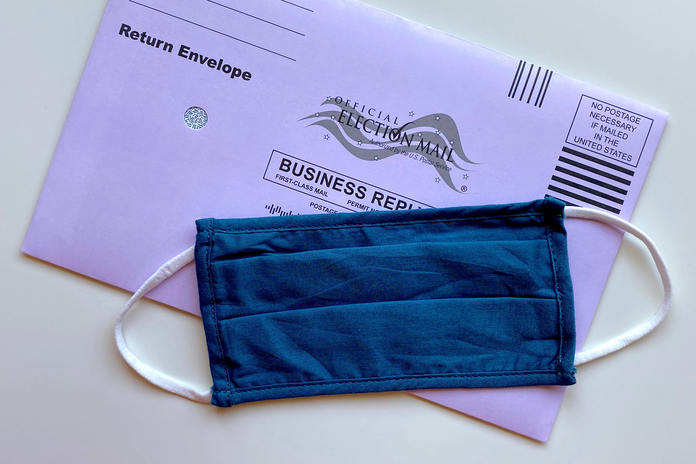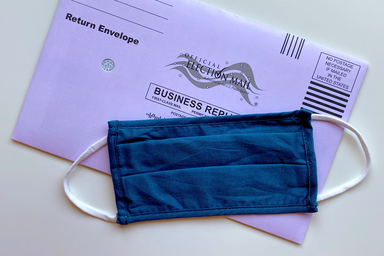Vote!
If you haven’t heard this word at least 10 times a day for the past six months, you probably don’t live in the United States or really don’t keep up with the news. In preparation for what has been described as “the most important election of our lives”, everyone from public officials to celebrities to campus organizations has been encouraging people who are of age to register to vote. This seems easy enough, but as many people have been experiencing (myself included), voting in the United States isn’t that simple. Voter suppression is rampant throughout the country and is especially prevalent in certain areas, as rules and guidelines vary drastically between every state.
The United States has a long and cruel history of voter suppression. Before the Voting Rights Act of 1965, marginalized voters (especially African Americans) were prevented from voting through measures such as “Poll Taxes” and “Literacy Tests.” Today, there are still countless barriers to voting for many different groups of people. Felons, for example, are disenfranchised in the majority of states, and this is usually true until they complete their sentence or probation. Some states won’t grant voting rights to felons unless they request a pardon from the state government. If they fail to receive this pardon, their rights will be revoked indefinitely. In addition, non-citizens do not have the right to vote until they gain citizenship. This may seem like an obvious and necessary policy, but considering how difficult and time-consuming becoming a citizen can be, this is another way in which the US suppresses the voices of those who live within it.

I turned 18 in August, meaning that this election is the first in which I will get to vote. When I began the process of registering to vote and requesting an absentee ballot to my new college address, I immediately noticed how difficult states like Texas make it to complete these steps. Not only did I have to mail in my voter registration (a lot of states allow you to do this with a click of a button online), I also had to physically mail my request for an absentee ballot in addition to mailing the actual ballot when that request is processed. Every Texan who wishes to vote absentee has to go through the exact same long and often unreliable process. The fact that all of our election materials have to go through the postal service, which right now is experiencing extreme delays, has been making my friends who are also voting absentee and me nervous about whether or not our votes will count. This is just my personal experience, but the same struggles are prevalent for voters across the country. Despite having the technology for an online process, states like Texas do all election services by mail, often citing the risk of voter fraud. However, many studies have shown that voter fraud is an extremely rare occurrence. Therefore, this is clearly a hollow and outdated excuse for slowing down and restricting the election process.
Politicians use voter suppression, gerrymandering and other forms of manipulation to benefit themselves and their respective parties in elections. These problems are prevalent everywhere, but especially in “Red” states like Texas. I am from Austin, which is known as one of the most gerrymandered cities in the country mainly due to Republican officials trying to prevent the largely democratic area from affecting state and national politics. In some cases, these practices have been ruled illegal or unconstitutional; more often than not, they are able to survive and grow in their influence, completely taking away the equality that is supposed to exist in our election process.

Voting shouldn’t be this hard. It is supposedly a value of the utmost importance when it comes to the foundations of our country, yet for some people, it is extremely complicated and nearly impossible to do. Scholars often assert that one of the key attributes of a democracy is the holding of “free and fair elections.” That being said, how much of a democracy can we truly be if our elections aren’t free for every individual?



